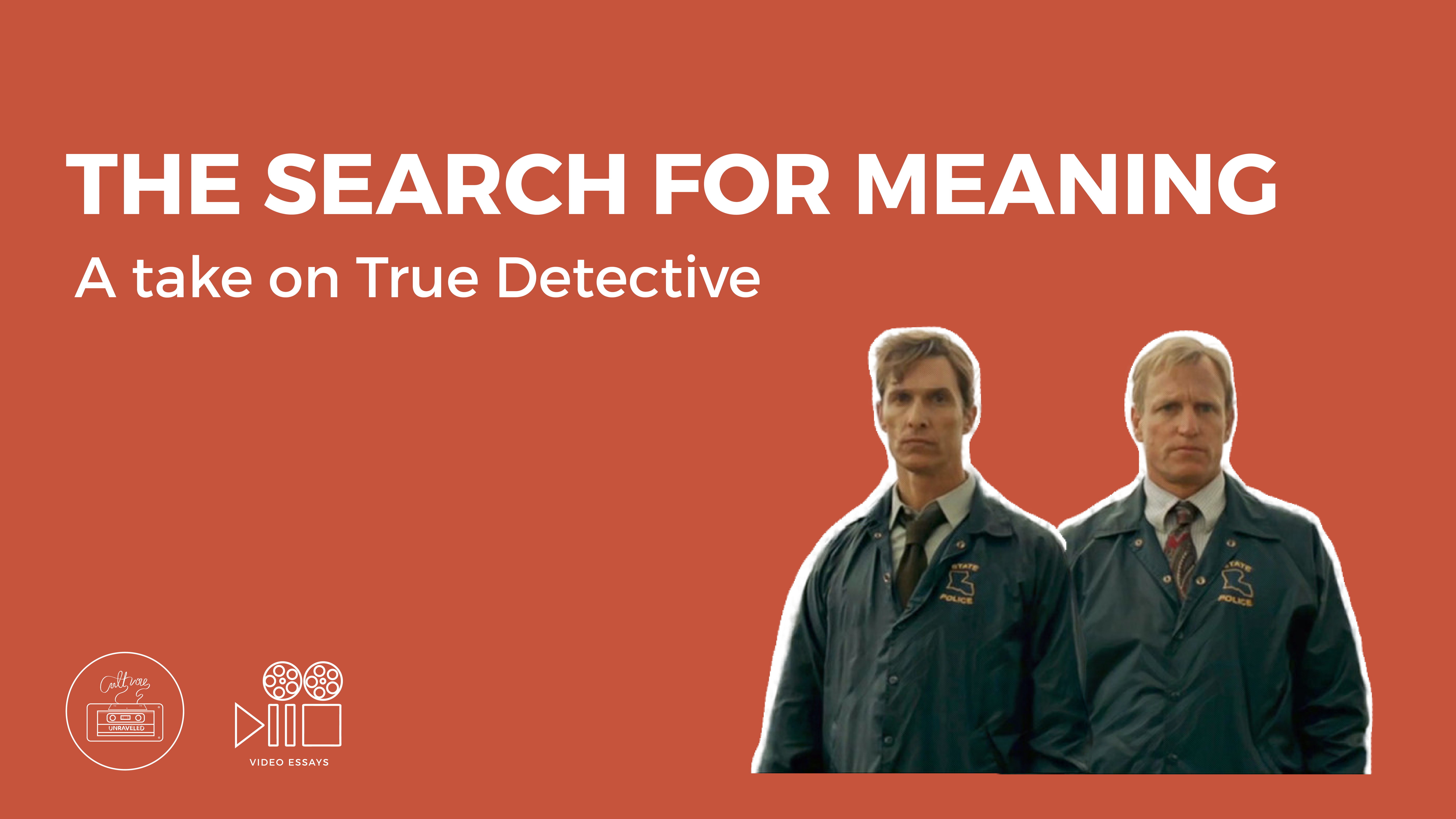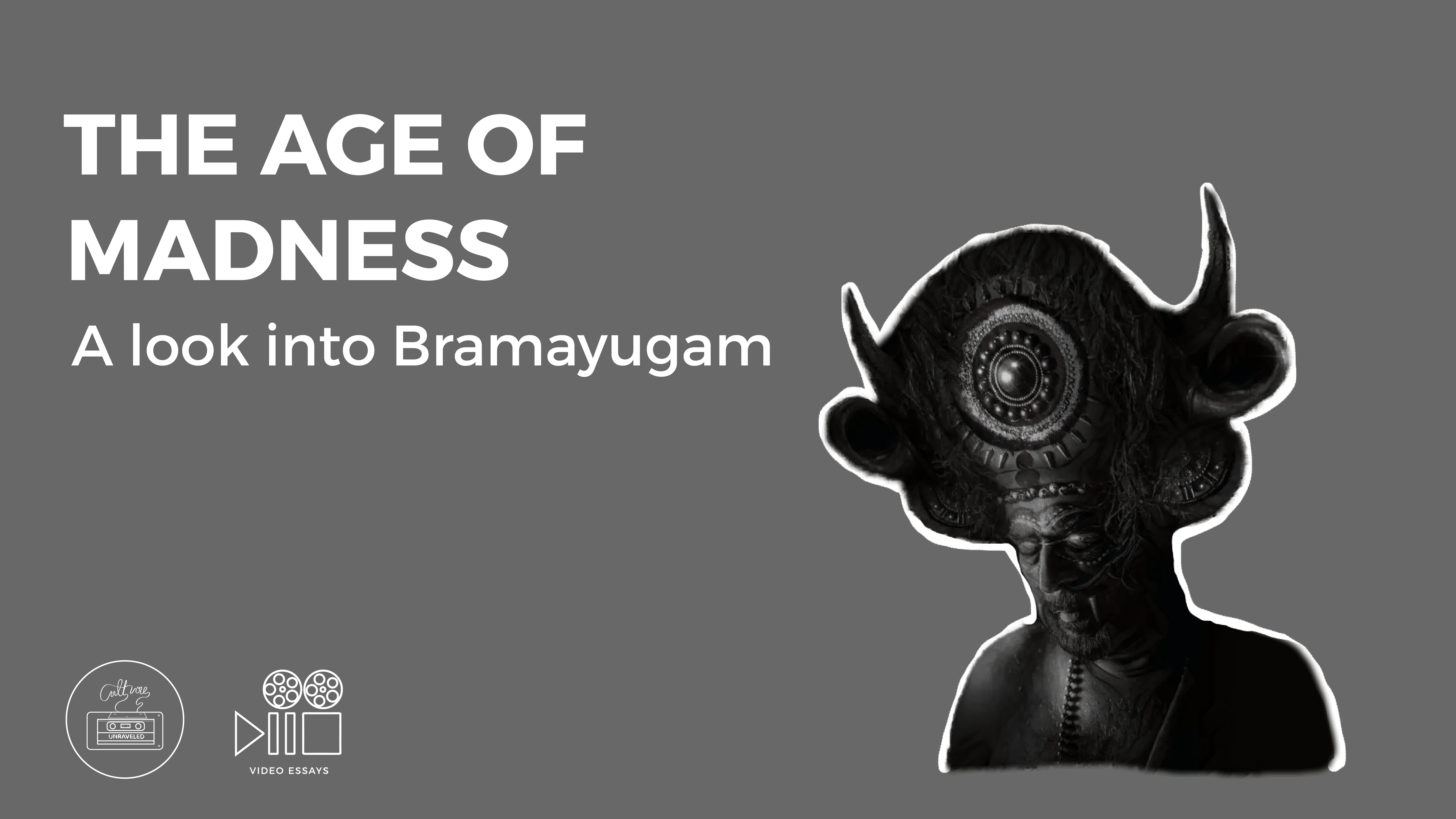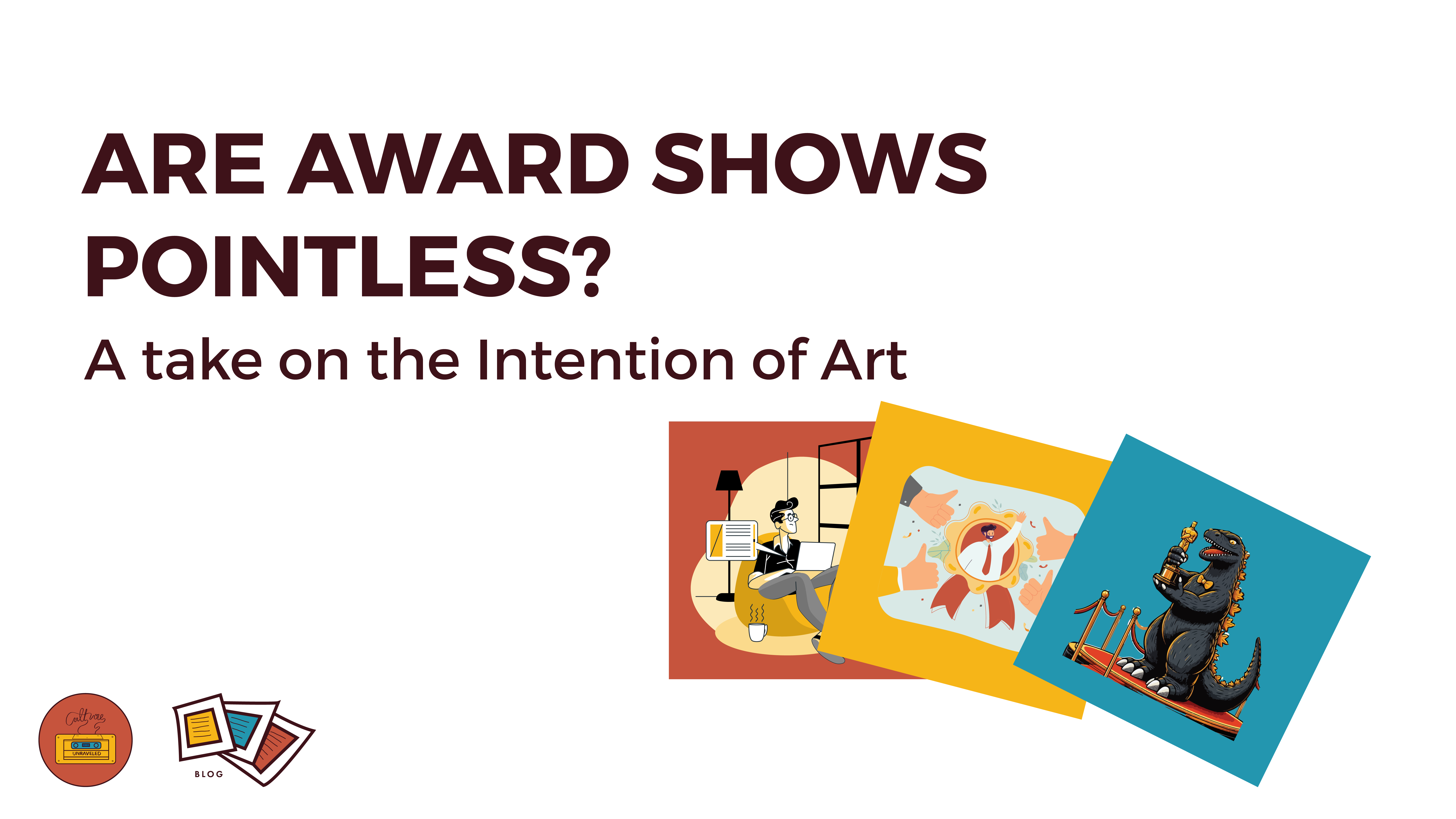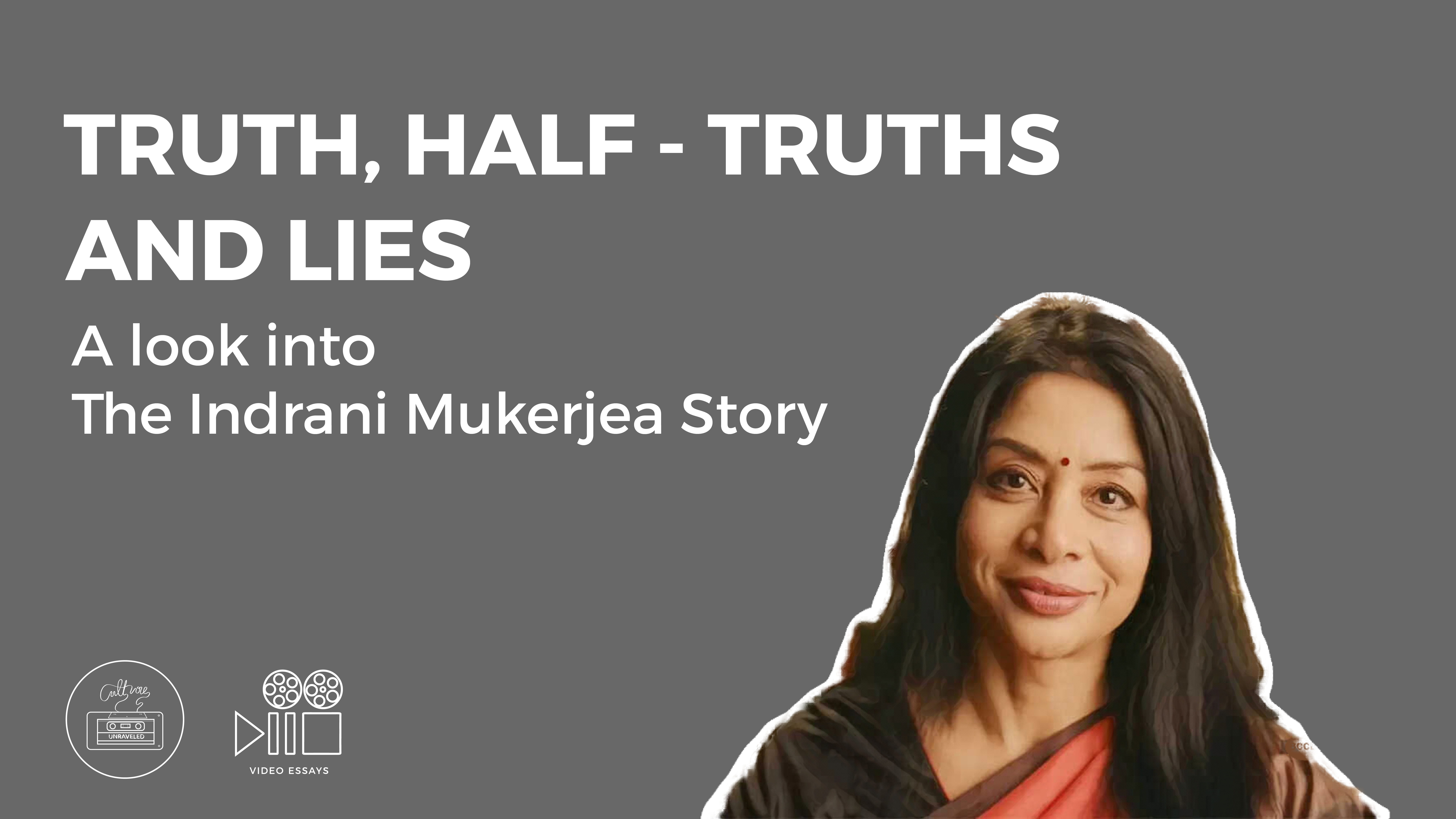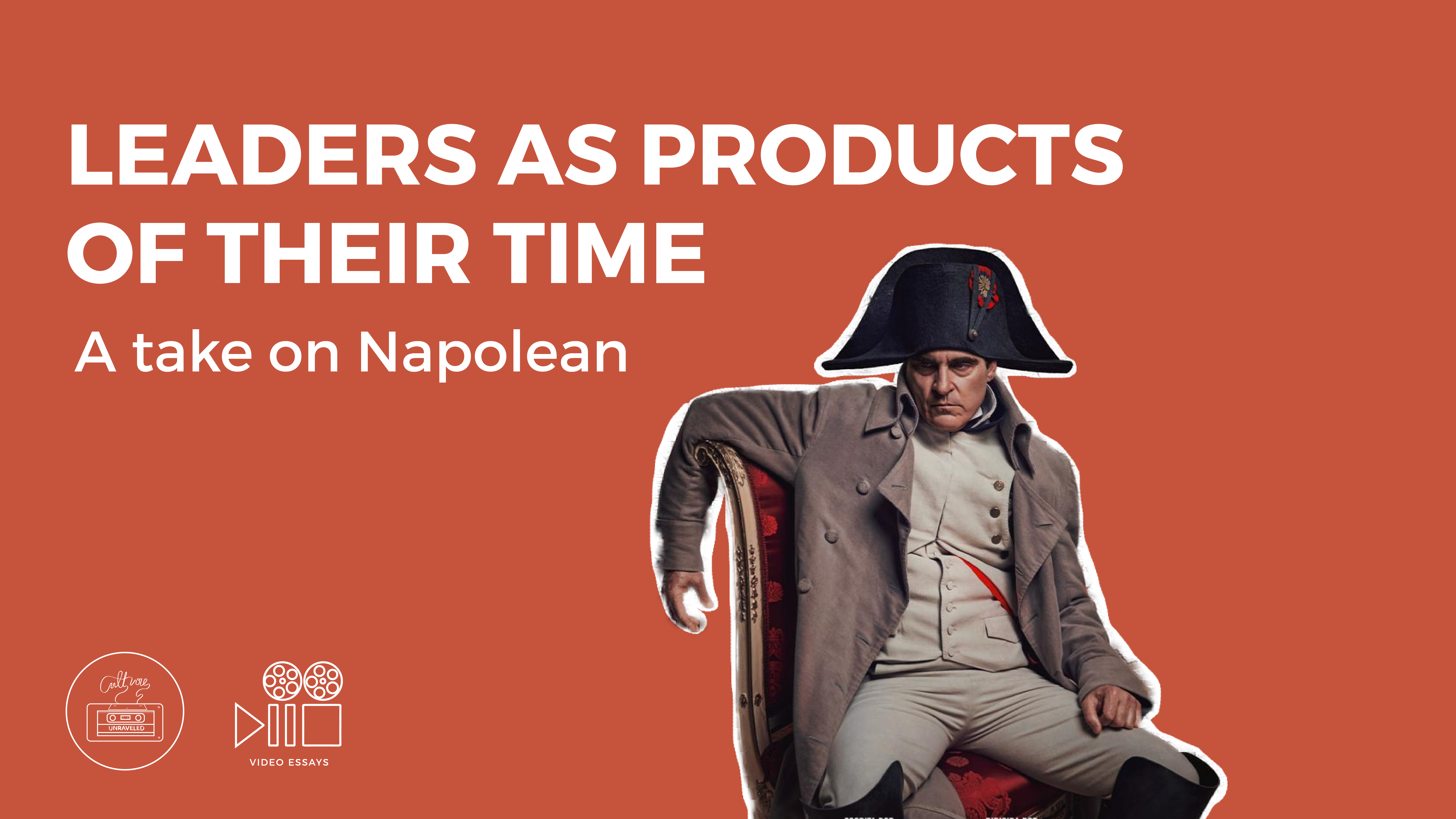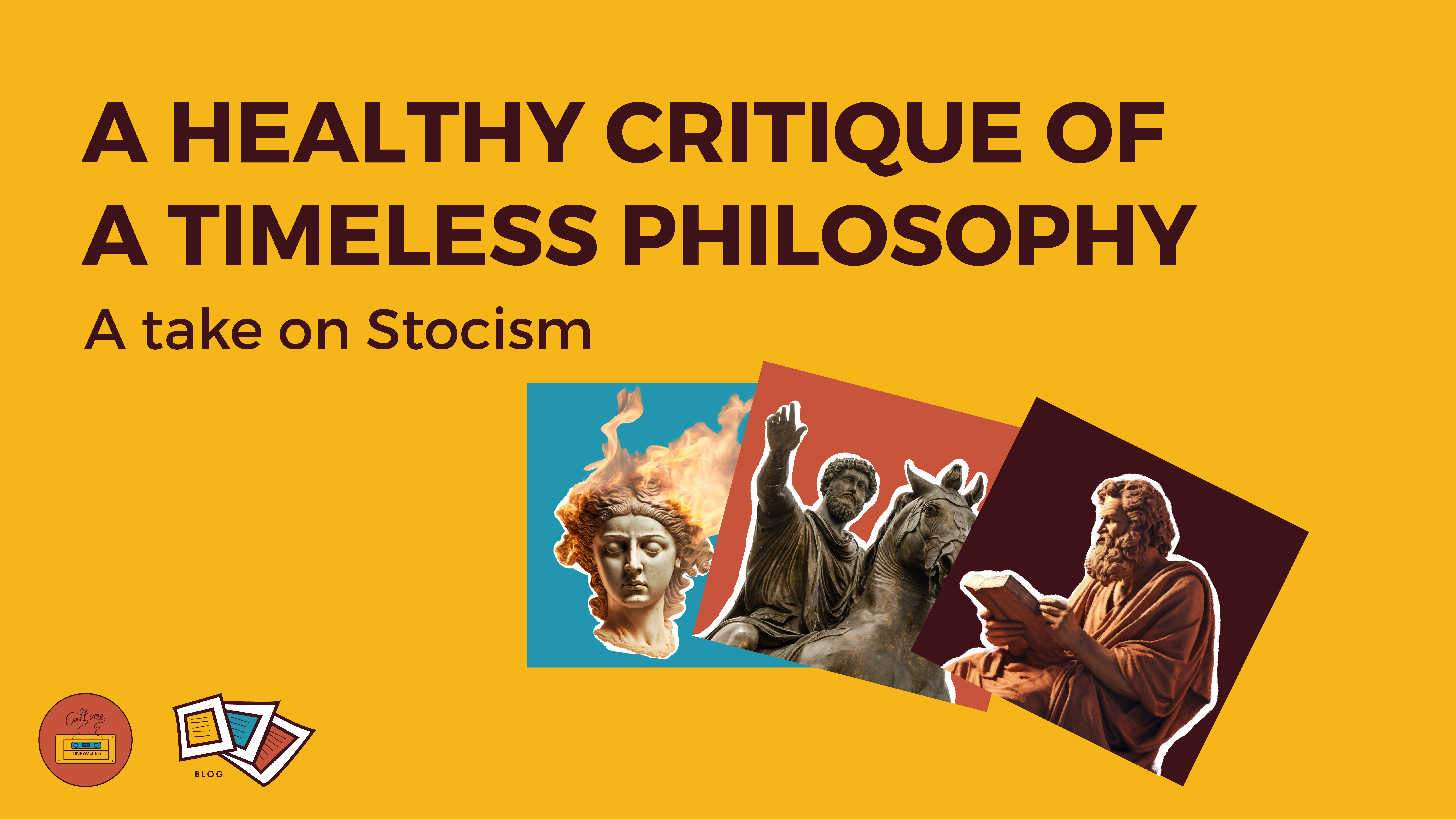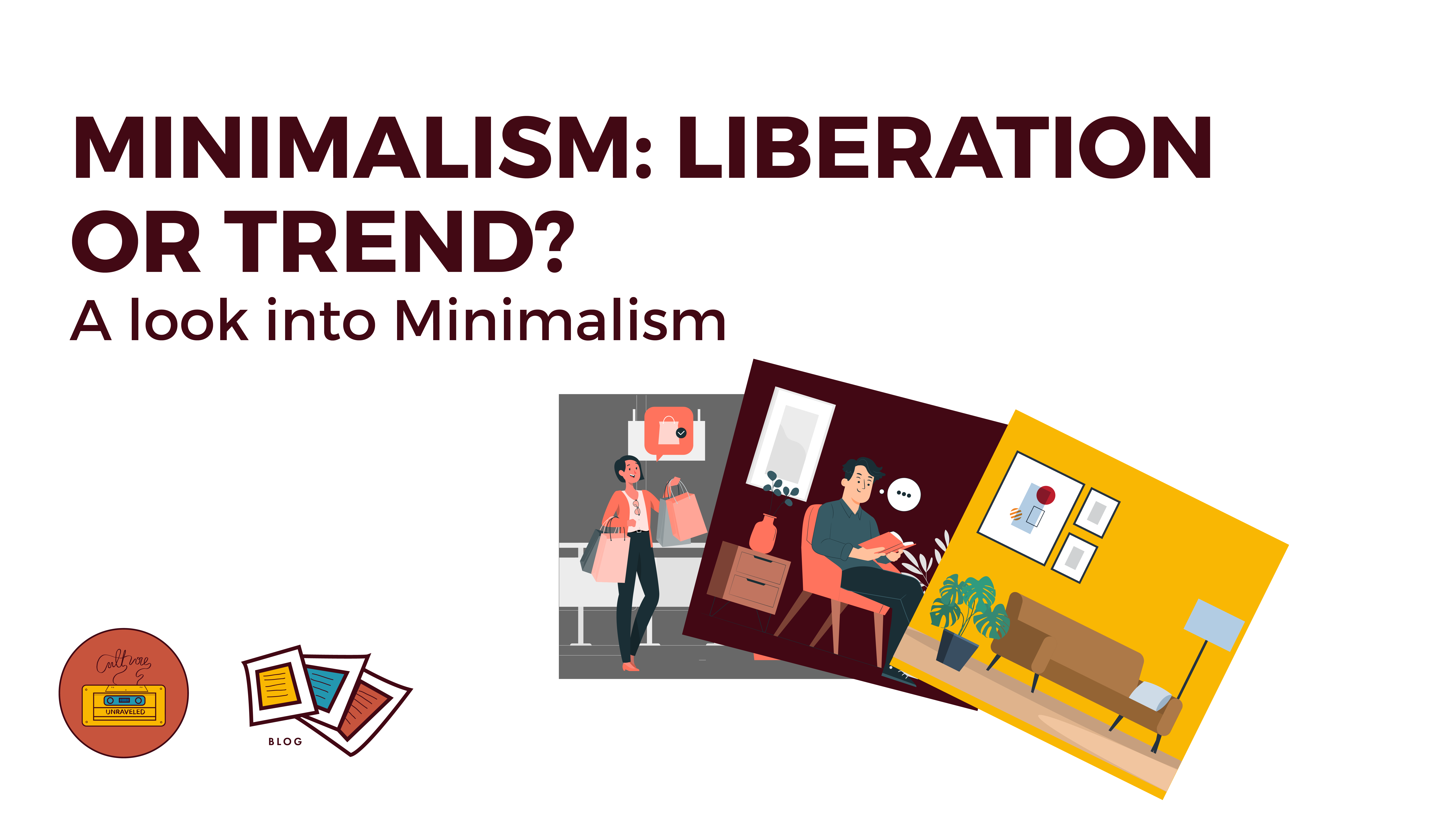
Joshua Millburn and Ryan Nicodemus are two American authors, podcasters, filmmakers, and public speakers who promote a minimalist lifestyle. They are known for the Netflix documentaries Minimalism (2016), and the Emmy-nominated Less Is Now (2021); the New York Times bestselling book Love People, Use Things (2021); The Minimalists Podcast; and their minimalism blog.
The Minimalists’ main idea is that we should only own the things that bring us joy. They argue that we are often weighed down by possessions we don’t need or use. They believe minimalism can help us simplify our lives, focus on what is truly important, and live more intentionally. With their philosophy gaining a massive following, minimalism has become a way of life for many people.
Owning fewer possessions, living intentionally, being free from wanting to possess, and having a lifestyle that is counter-cultural to the modern era, are the hallmarks of a minimalist lifestyle. By removing the distractions of excess possessions and promoting the value of the things that truly matter, many adherents of this philosophy speak of the freedom they gained from a consumerist attitude. They would rather live free from possessions and even want to have any possessions that are unnecessary to live a meaningful life. And the things that add value to their life are personal relationships, fulfilling their life’s purpose, and contributing to the community.
While the minimalist philosophy is widespread, especially in the West, it has weaknesses. While following a minimalist lifestyle can declutter our lives and reduce distractions, it can become expensive. With its commercialization, many in the West have invested in high-quality items that will last longer.
Moreover, the lifestyle has been commercialized to the extent that those with a minimalist lifestyle prefer interior designs for their houses that reflect a minimalist outlook, which is ironically more expensive than regular homes. While it is seen as a counter-cultural lifestyle, its popularity has made it just another cultural trend that makes people bend to its social pressure.
While the minimalist philosophy does point us to what is essential for life: freedom from possessions, finding meaning in personal relations, and purpose in contributing to the well-being of our communities, it does not have the power to change the posture of our hearts. With the advent of minimalism, some people might have found fulfillment in decluttering their lives and freeing themselves from distractions.
Still, most people only used it to change from one lifestyle to another, with the desire for material possessions remaining. And in doing so, they have conformed to the social pressure of following a popular cultural trend, with no definitive change in how they look at possessions and what their hearts truly desire.
The minimalist philosophy offers valuable insights into simplifying our lives, focusing on what truly matters, and finding freedom from the burden of excessive possessions. It has resonated with many individuals seeking a more intentional and meaningful way of life. However, the popularity and commercialization of minimalism, has made it for some, an expensive lifestyle, focusing on investing in high-quality, minimalist-oriented items.
The trendiness of the lifestyle has caused some to adopt it simply as a way to conform to societal pressure rather than genuinely leading them toward a transformation of their desires. Without a more profound change in one’s mindset, it is possible to still be driven by the desire for material possessions.
_________________________________________
Written by Roselina Vundi
Life Focus Society
Culture Unraveled is an initiative of Life Focus Society



